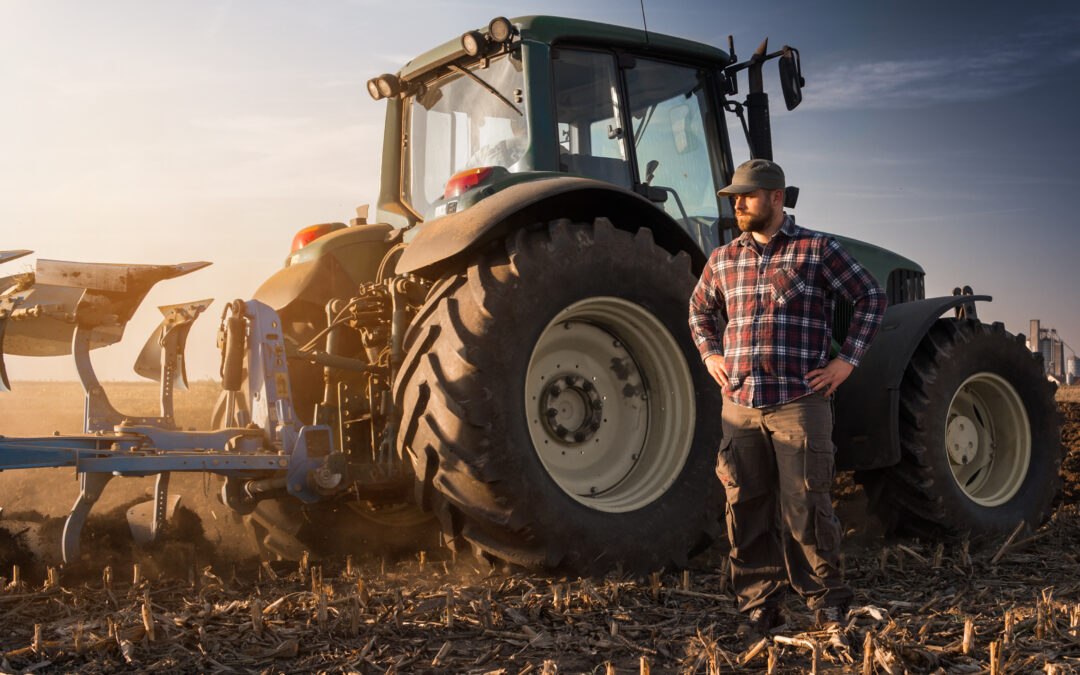Image: Shutterstock
What’s New: A commercial satellite-based augmentation system (SBAS) that enabled highly precise (2 cm) GPS positioning failed. This was NOT a problem with GPS.
Why it’s Important: Precise navigation has meant huge savings in fertilizer, insecticide, time, and labor for farmers. We have all benefited with less expensive food, and a huge reduction in environmental impacts.
- Most precision agriculture is highly dependent upon signals from weak signals from space. Without a complementary and backup capability they grind to a halt when there is interference or some other problem.
- There are ways of getting precise navigation without relying on space. As examples, two of RNT Foundation’s member companies offer systems that could support precision agriculture:
- Locata is an Australian company that has a terrestrial system precise enough to measure the flex when earthen dams fill up. Its performance was recently validated by an EU sponsored demo program.
- Astranav uses the Earth’s magnetic field.
But the larger issue, of course, is beyond agriculture. It is how much we rely on a single system for essentials, vulnerabilities, and what we do when that one source isn’t available.
![]()

By Mike Foley
Tractors have ground to a halt in paddocks across Australia and New Zealand because of a signal failure in the satellite farmers use to guide their GPS-enabled machinery, stopping them from planting their winter crop.
The satellite failure on Monday was a bolt from the blue for farmers in NSW and Victoria, who were busy taking advantage of optimal planting conditions for crops including wheat, canola, oats, barley and legumes.


